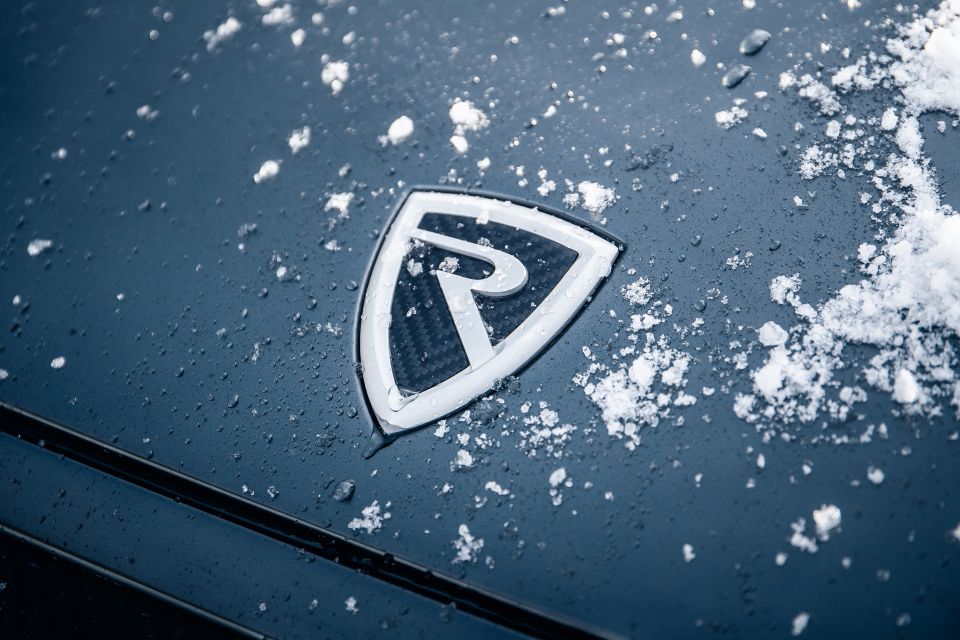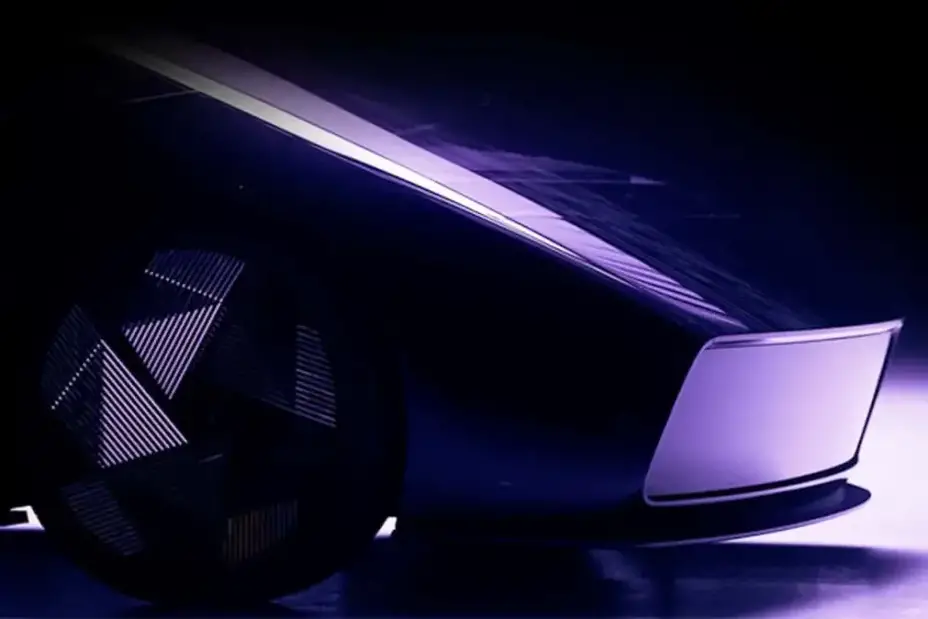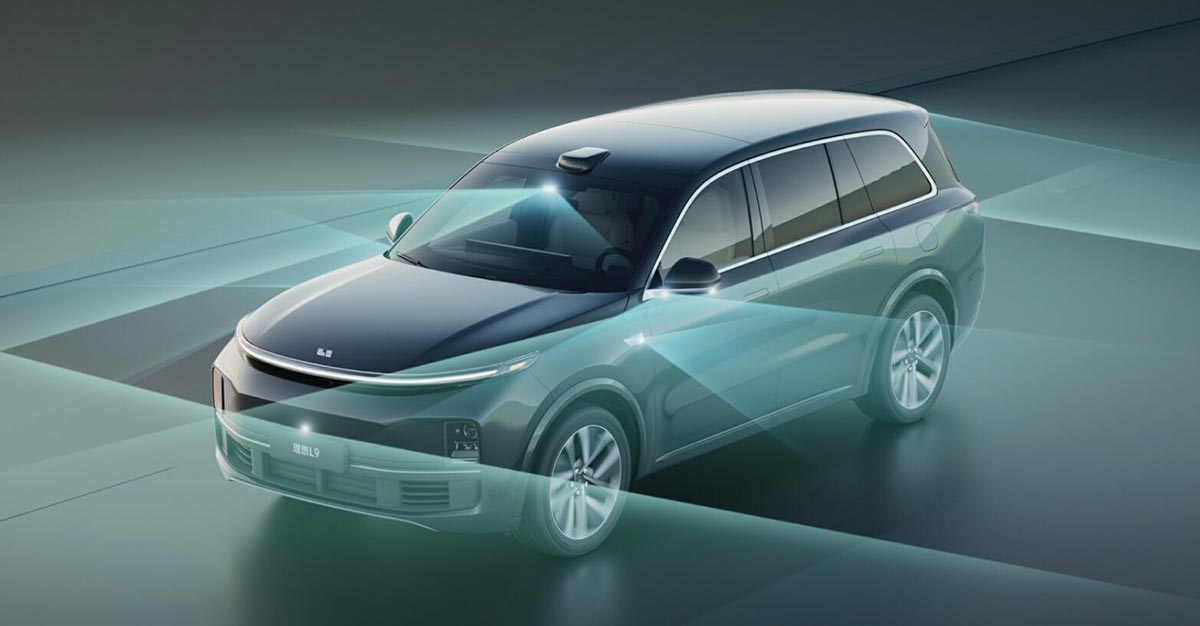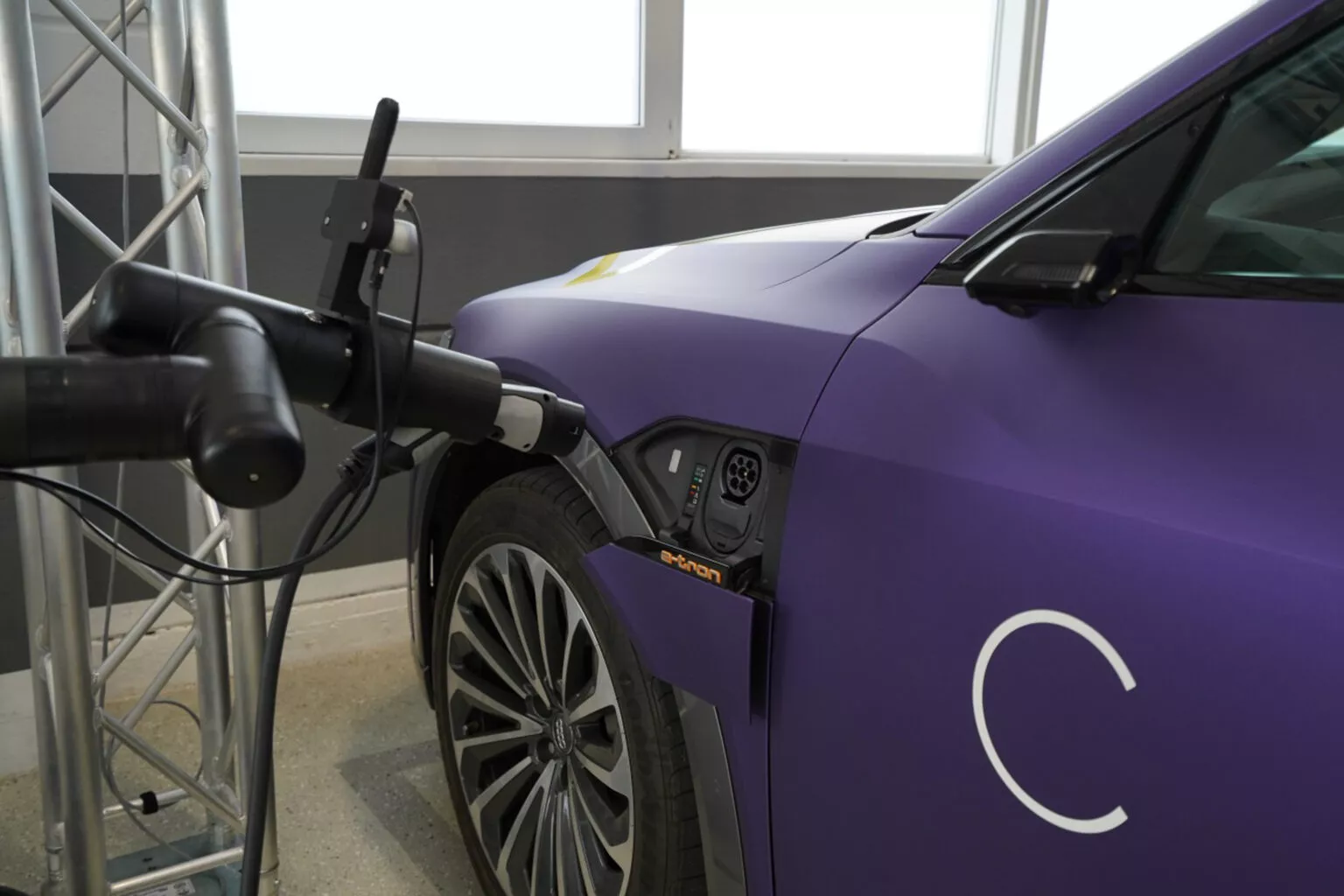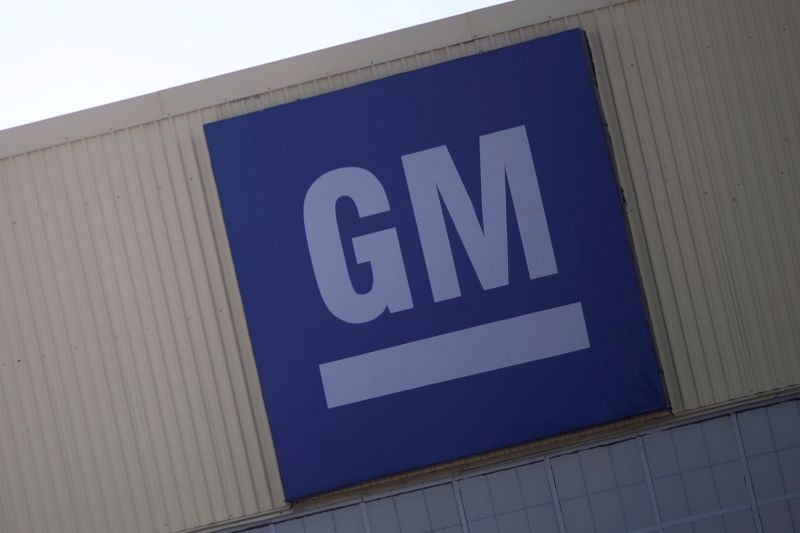Renowned for its high-performance Nevera electric hypercar, Croatian automaker Rimac is gearing up to reveal its maiden driverless robotaxi in the coming months, with plans for operational services by 2026, according to a recent report.
While Rimac’s focus on electric hypercars, exemplified by the Nevera, has gained notable attention, the company has long signaled its intention to enter the robotaxi arena. Details surrounding the autonomous cabs and the Project 3 Mobility program remain undisclosed, but the initiative has received input from Kia, and its sister company Hyundai, which jointly acquired a $90 million stake in Rimac in 2019. Rimac CEO Mate Rimac initiated a separate company dedicated to robotaxis a year before the financial investment from Kia and Hyundai.
The launch of Rimac’s robotaxi service is set to commence in Zagreb, Croatia, later this year, followed by expansions into the UK in the third quarter of 2025 and Germany toward the end of that year. The project’s website suggests that the robotaxi will be a “revolutionary vehicle built on a completely new platform designed around safety and comfort.” Autocar speculates on the potential size and shape of the cabs, pointing to the use of an old Renault Espace minivan as a prototype. Project 3 Mobility’s website also indicates that users will have control over the robotaxi’s infotainment and entertainment features through a dedicated smartphone app.
The shift toward robotaxis might seem unexpected for a company renowned for driver-focused hypercars, but Rimac views it as a strategic evolution. Project 3 Mobility has reportedly secured agreements with five cities to initiate robotaxi operations and is engaged in discussions with an additional 35 cities across Europe and beyond.
In a 2021 interview with Tech Crunch, Mate Rimac commented on the company’s broader vision, stating, “People see us as the hypercar company [but] we have many other things cooking and have a longer-term outlook. I think that the new mobility will be really a shift in society. Just like phones didn’t just change the phone industry. Apple didn’t just disrupt Nokia, but changed our lives. I think the next big change that we’ll have is mobility.”

